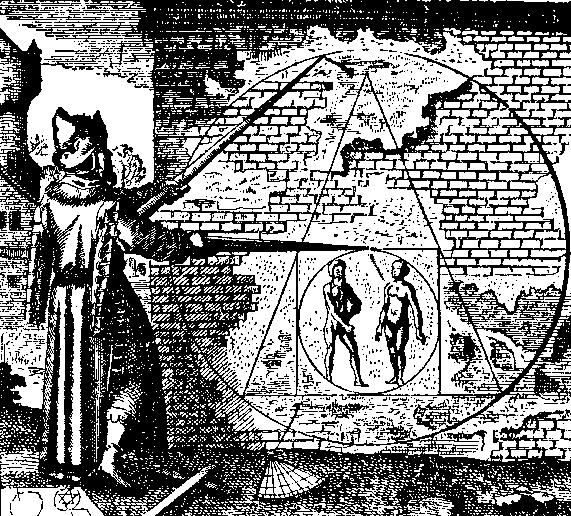There are no products in your shopping cart.
| 0 Items | £0.00 |


By Ayo Akinfe
(1) Once upon a time, every European monarch was looking for the proverbial philosopher stone, a mythical piece of rock that could turn every base metal into gold. It was also called the elixir of life, useful for rejuvenation and for achieving immortality. For many centuries, it was the most sought artefact in alchemy
(2) Widely accepted by all religions at the time, denying the existence of the stone was considered blasphemy, kind of like denying the concept of eternal life or heaven today. According to legend, the 13th-century scientist and philosopher Albertus Magnus is said to have discovered the philosophers' stone. Magnus does not confirm he discovered the stone in his writings but he did record that he witnessed the creation of gold by transmutation
(3) In the 11th century, there was a debate among Muslim chemists on whether the transmutation of substances was possible. Eight century Muslim alchemist Jabir ibn Hayyan analysed each classical element in terms of the four basic qualities. Fire was both hot and dry, earth cold and dry, water cold and moist and air hot and moist
(4) The equivalent of the philosophers' stone in Buddhism and Hinduism is the Cintamani. A great Hindu sage wrote about the spiritual accomplishment of Gnosis using the metaphor of the philosophers' stone. The seventh century Siddhar Thirumoolar in his classic Tirumandhiram, explains man's path to immortal divinity. In verse 2709, he declares that the name of God, Shiva is an alchemical vehicle that turns the body into immortal gold
(5) At the time, alchemy was an ancient branch of natural philosophy, a philosophical and protoscientific tradition. Up until alchemy gave way to the more science-based modern replacement of chemistry, myths about the philosopher stone and such other supernatural relics prevailed across the ancient world
(6) Zosimos of Panopolis asserted that alchemy dated back to Pharaonic Egypt where it was the domain of the priestly class. Alchemical writers used classical figures from Greek, Roman and Egyptian history to state their case. These included thoughts like the pantheon of gods and the classical planets such as Isis, Osiris, Jason and others
(7) It is thus no surprise that with the emergence of monotheism, religions such ac Christianity, Islam, Judaism, Hinduism, Buddhism, Shintoism, etc all adopted aspects of alchemy into their holy books. It was considered the most intellectual form of scholasticism at the time
(8) However, come the Age of Enlightenment and the industrial revolution and things changed. By the 18th century, alchemy had given way to chemistry, in which facts were only accepted if they could be proven. Frederick Engels summed up the new way of thinking in his book Anti Duhring when he said: “Everything must justify its existence before the judgement seat of reason or give up its existence.”
(9) Today, Nigeria is still at the intellectual level of the philosopher stone era. We believe that at some stage a messianic leader will come and solve all our problems, we believe that the government is the one who will give us economic growth and rather than think we pray. There are more places of worship in Nigeria today than the combined total of schools, libraries and factories. Do such people deserve wealth and prosperity?
(10) We are the poverty capital of the world, the country with the highest number of out-of-school children on the planet and the nation with the second number of child brides for a reason. I sometimes wish the Europeans had got over their religious superstitions before colonising Africa. Maybe if they had, they would have indoctrinated us with a secular and productive manner of thinking rather than the mysticism which the missionaries brought. Until we abandon our philosopher stone thinking, we are going nowhere